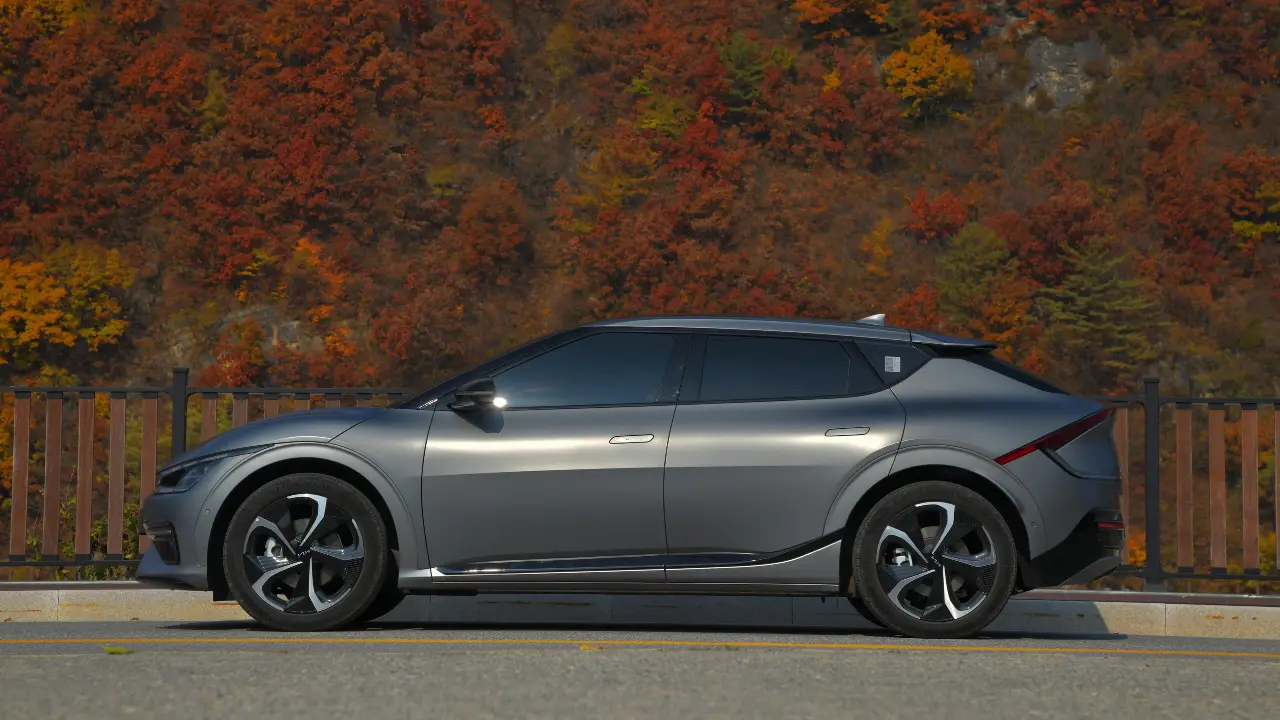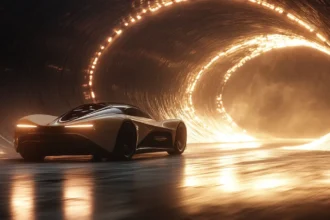Karnataka’s New Car Tax Rules: Big Changes Coming in 2025
Have you heard about the big changes coming to car taxes in Karnataka? The Karnataka government is bringing in a completely new way to tax vehicles starting in 2025. According to NDTV Auto, this new system will make you pay a one-time lifetime tax instead of yearly payments, and will remove tax breaks for expensive electric cars that cost more than ₹25 lakh.
How the New Tax System Works
Under the updated Karnataka Motor Vehicles Taxation Act of 2025, you’ll pay just one tax for your vehicle’s entire life instead of paying every year. Think of it like buying a lifetime membership instead of paying monthly fees. This makes things simpler for everyone.
- If you buy a car that costs less than ₹10 lakh, you’ll pay a one-time tax of 5% of the car’s value, according to FinancialExpress
- For cars priced between ₹10 lakh and ₹15 lakh, the lifetime tax jumps to 9%
- Expensive vehicles over ₹15 lakh face the highest rate at 15% of their value
- Taxis (motor cabs) costing up to ₹10 lakh have a 10% lifetime tax, as reported by NDTV
- NDTV also notes that electric taxis over ₹25 lakh will now face a 10% lifetime tax
The biggest change affects electric vehicles. Before, all EVs were completely free from road tax in Karnataka. Now, according to ackodrive, luxury electric cars priced above ₹25 lakh will have to pay a 10% lifetime tax. This means these high-end electric cars will cost more to own.
Why Karnataka Set This ₹25 Lakh Limit
You might be wondering why the government picked ₹25 lakh as the cutoff point. The decision tries to balance two important goals – encouraging people to buy clean electric vehicles while still collecting enough tax money.
- The ₹25 lakh threshold creates a good balance between supporting green vehicles and getting tax revenue
- People who can afford luxury cars over ₹25 lakh can likely afford to pay some tax too
- Cartoq reports that continuing to give tax breaks to very expensive EVs makes less sense for the government
- The new tax will make luxury EVs cost more, which might affect how many people buy them
- The government still wants to encourage EV adoption, just with a focus on more affordable models
How Tax Changes Affect Electric Vehicle Adoption
The way governments handle taxes can strongly influence whether people choose to buy electric vehicles. Other states in India show us what might happen in Karnataka.
- EVReporter notes that when Andhra Pradesh brought back road tax, many fewer people bought electric vehicles
- States that kept 100% tax exemptions like Maharashtra and Uttar Pradesh saw more people buying EVs, according to EVReporter
- When EV sales dropped sharply in Gujarat, the government reduced vehicle tax by 5% to help boost sales again
- HumansOfEV reports that Delhi’s decision to remove road tax and registration fees helped more people choose electric vehicles
- Looking outside India, Independant mentions that the UK’s luxury car tax on expensive EVs might slow down adoption of high-end electric vehicles by making them costlier
Karnataka has already seen good progress with electric vehicles. The Economic Times reports that the total number of EVs in the state has crossed 3 lakh (300,000). The government wants to keep this momentum going and aims to secure ₹50,000 crore (about $6 billion) in clean mobility investments by 2029.
What This Means for Karnataka’s Future
These tax changes are part of Karnataka’s bigger plan to promote cleaner transportation while still collecting necessary revenue. For you as a potential car buyer in Karnataka, the rules are now clearer – if you want a tax break, choose an electric vehicle under ₹25 lakh. The question now is whether these new rules will help or hurt Karnataka’s growing electric vehicle market.











